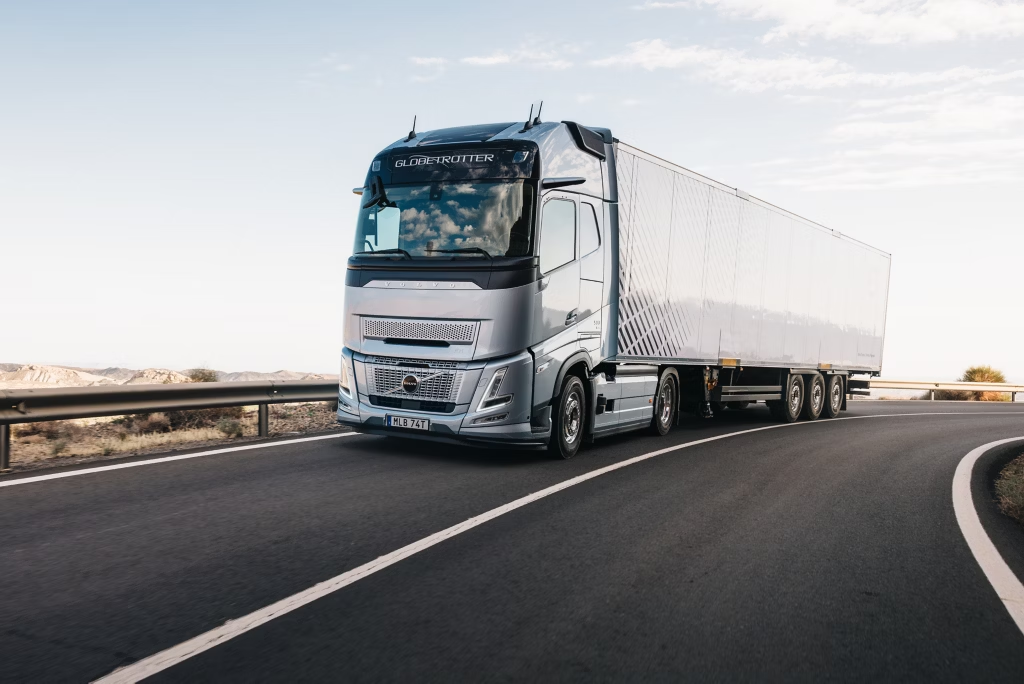In a remarkable move towards bolstering environmental sustainability, Volvo Cars’ Taizhou manufacturing plant has transitioned to biogas as its primary energy source. This pivotal shift signifies a major accomplishment for Volvo, establishing the Taizhou facility as the company’s inaugural plant in China to attain climate-neutral status. By making this transition from conventional natural gas to biogas, the Taizhou plant is anticipated to achieve an annual reduction of over 7,000 tons of CO2 emissions.
This initiative not only underscores Volvo’s commitment to combatting climate change but also sets a precedent for sustainable manufacturing practices within the automotive industry. The adoption of biogas aligns with Volvo’s broader strategy to reduce its carbon footprint and align its operations with global sustainability goals. As Volvo continues to innovate and prioritize environmental stewardship, the Taizhou plant’s transition to biogas serves as a testament to the company’s proactive approach to creating a greener future.
Aiming for a Global Impact: Context of Taizhou’s Contribution
Although the emissions from Volvo Cars’ Taizhou plant represent a relatively small fraction of the company’s overall emissions tallying 43 million tons (Scope 1-3), the plant’s transition to climate-neutral energy holds significant importance. Javier Varela, Volvo Cars’ chief operating officer and deputy CEO, underscored the significance of this shift, highlighting its role in the company’s broader sustainability strategy. He remarked, “The move to secure climate-neutral energy for the Taizhou plant is not just a local initiative; it’s a pivotal step towards our ambitious goal of achieving climate-neutral manufacturing operations globally by 2025.” This strategic transition is part of Volvo’s concerted efforts to reduce its environmental impact and align with global sustainability targets. Moreover, it reinforces Volvo’s commitment to realizing net-zero greenhouse gas emissions by 2040, demonstrating a proactive approach to addressing climate change on a global scale.
Taizhou’s Pre-existing Commitment to Sustainability
Prior to this significant transition to biogas, the Taizhou plant had already demonstrated a strong commitment to sustainability by sourcing its electricity from climate-neutral sources. Javier Varela highlighted this commitment, stating, “The Taizhou plant was already utilizing climate-neutral electricity. With this latest transition, we’ve extended our sustainability efforts to include climate-neutral heating as well.” This dedication to environmental responsibility not only showcases the plant’s proactive approach but also strengthens its position as a leader in sustainable manufacturing practices within Volvo Cars.
The Taizhou plant’s commitment to sustainability has earned it a distinctive accolade—it becomes Volvo’s second car manufacturing facility worldwide to achieve climate-neutral status. This notable achievement follows in the footsteps of the Torslanda facility in Gothenburg, Sweden, further reinforcing Volvo’s global commitment to reducing its carbon footprint and fostering a culture of sustainability across its operations.
Comprehensive Energy Supply: Solar and Biogas Integration
The energy infrastructure at the Taizhou plant is multifaceted, encompassing both electricity and heating needs. Varela elaborated, “The Taizhou plant’s energy supply is a combination of electricity and heating. Currently, approximately 40% of its electricity requirement is generated from on-site solar panels—a proportion expected to grow in the upcoming years.” He further detailed, “The remaining 60% of the electricity sourced from the grid is also climate-neutral, derived from solar energy. The plant’s heating requirements are now met by utilizing climate-neutral biogas, thanks to this recent transition.”
Expanding Sustainability Goals: Volvo’s Forward-Thinking Strategy
In a testament to its commitment to sustainability, Volvo Cars has recently broadened its sustainability strategy with new, ambitious objectives for the future. Varela articulated, “Our renewed aim to achieve zero greenhouse gas emissions by 2040 builds upon our previous goal of being climate neutral by the same year.” This progression in Volvo’s sustainability roadmap underscores the company’s proactive approach to addressing climate change and its willingness to adapt and innovate.
Encouraging a Sustainable Supply Chain
Volvo Cars understands that sustainability encompasses more than just its own manufacturing processes—it also involves its broader supply chain. Javier Varela emphasized this holistic approach, stating, “Beyond our internal sustainability initiatives, we are proactively encouraging our suppliers to embrace similar sustainable practices.” Recognizing the interconnected nature of their operations, Volvo Cars is committed to fostering a culture of sustainability throughout its supply chain. By doing so, the company seeks to magnify its environmental impact in a positive manner. Encouraging suppliers to adopt sustainable practices not only strengthens Volvo’s commitment to sustainability but also aims to inspire broader industry transformation. Through these collaborative efforts, Volvo Cars is driving meaningful change and setting new benchmarks for sustainable business practices within the automotive industry.
Conclusion: Volvo’s Sustainable Future
The transition of Volvo Cars’ Taizhou manufacturing plant to biogas marks a commendable achievement in the company’s sustainability journey. With its robust energy infrastructure combining solar and biogas sources, the Taizhou plant serves as a blueprint for climate-neutral manufacturing. Volvo’s expanded sustainability goals and its commitment to encouraging sustainable practices among its suppliers demonstrate its dedication to creating a greener future. As Volvo Cars continues to innovate and adapt, it remains at the forefront of automotive sustainability, paving the way for a more sustainable and environmentally conscious industry.

